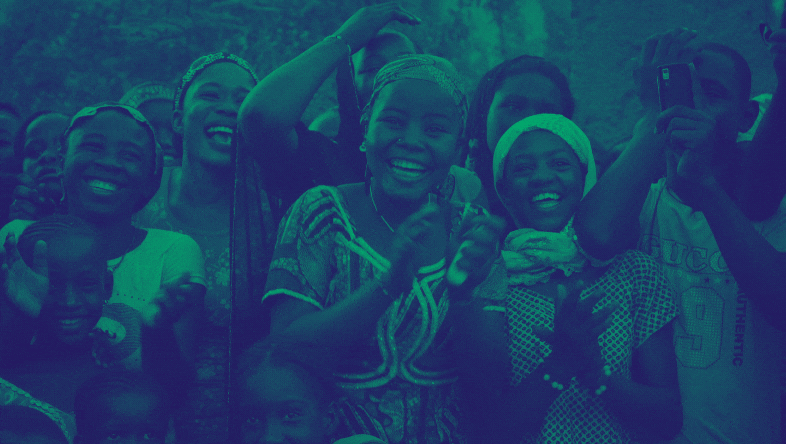Youth2030 Toolkit
The Youth2030 Toolkit is an online systematized compilation of existing tools on how to work WITH and FOR youth. It is a practical resource for action and advocacy for United Nations Country Teams (UNCTs), governments, and youth networks, including policymakers and programme implementers to implement the UN system-wide Youth Strategy, Youth2030.
This Toolkit has been built by the United Nations together with youth and comprises more than 750 resources, tools, and good practices across Youth2030 Priority and Foundational areas.
This collection consists of a shortlist of key tools that have been selected based on their perceived relevance to the efforts of UN Country Teams and other stakeholders to implement Youth2030, the UN system-wide Youth Strategy. The curated tools cover all five priority areas of the UN Youth Strategy.
Curated Tools
Explore by Users
Explore by Keywords or Priority Areas
Total: 850
SDG 5 Policy Brief: Gender Equality and Road Safety
2022
In this Policy Brief developed and launched by YOURS (Global Youth Coalition for Road Safety), the policy brief talks about the lack of gender-responsive planning and implementation around mobility systems that prevent gender-based violence. The Brief seeks to highlight how the lack of road safety and safe mobility is also a gender issue that requires gender-responsive and transformative planning to protect and ensure equal access to all genders. It highlights the realities girls and women face while navigating through transport systems not built for them. The data reveal how disproportionately affected women are, not just in access to mobility but in how they are affected if they are ever involved in a road crash.
United Nations Common Country Analysis: Uzbekistan
2019
This document provides integrated, forward-looking and evidence-based joint analysis of the context for sustainable development in Uzbekistan and represents the best of the UN’s collective analysis of the development situation in Uzbekistan for the years 2019-2020. It includes a specific section on youth, (with demographic indicators, economic participation and youth well-being and security).
UNDAF 2017-2021 - The Gambia
2017
The United Nations Development Assistance Framework (UNDAF) is a key element of the UN Reform and the joint response of the UN Country Team (UNCT), the national stakeholders and the Government of The Gambia to the national development priorities with the view to eradicating poverty and contributing to the achievement of the Sustainable Development Goals (SDGs). Youth is highlighted in the country context of this UNDAF.
SDG 13: Climate Action and Road Safety
2022
In this Policy Brief, developed and launched by YOURS (Global Youth Coalition for Road Safety), the Brief illustrates the correlation between the two critical issues of road safety and climate action, and how young
people around the world are taking action to address them for a safe and healthy future.
SDG 4: Quality Education and Road Safety
2022
In the Policy Brief, developed and launched by YOURS (Global Youth Coalition for Road Safety), the Brief explains how the rights of young people to equal and quality education are often hindered by the lack of safety, security, and inclusivity available in the physical school environment. The Brief presents key data that reveal how the road traffic injuries and fatalities of young people are linked to their journey to and from school. It furthers that many children and youth are vulnerable to injury on their way to school without adequate protection from safe infrastructure, legislation, policies, or safe items such as quality helmets for children traveling by bike or motorcycle and quality car seats and seat belts for children traveling by car or bus.
Boosting Decent Employment for Africa’s Youth
2018
Boosting Decent Employment for Africa’s Youth is a three-year partnership by Canada’s International Development Research Centre (IDRC), the Dutch Knowledge Platform on Inclusive Development Policies (INCLUDE), and the International Labour Organization (ILO). It is a research initiative that aims to generate rigorous evidence on soft skills, digital jobs and work-based learning to boost decent jobs for youth.






